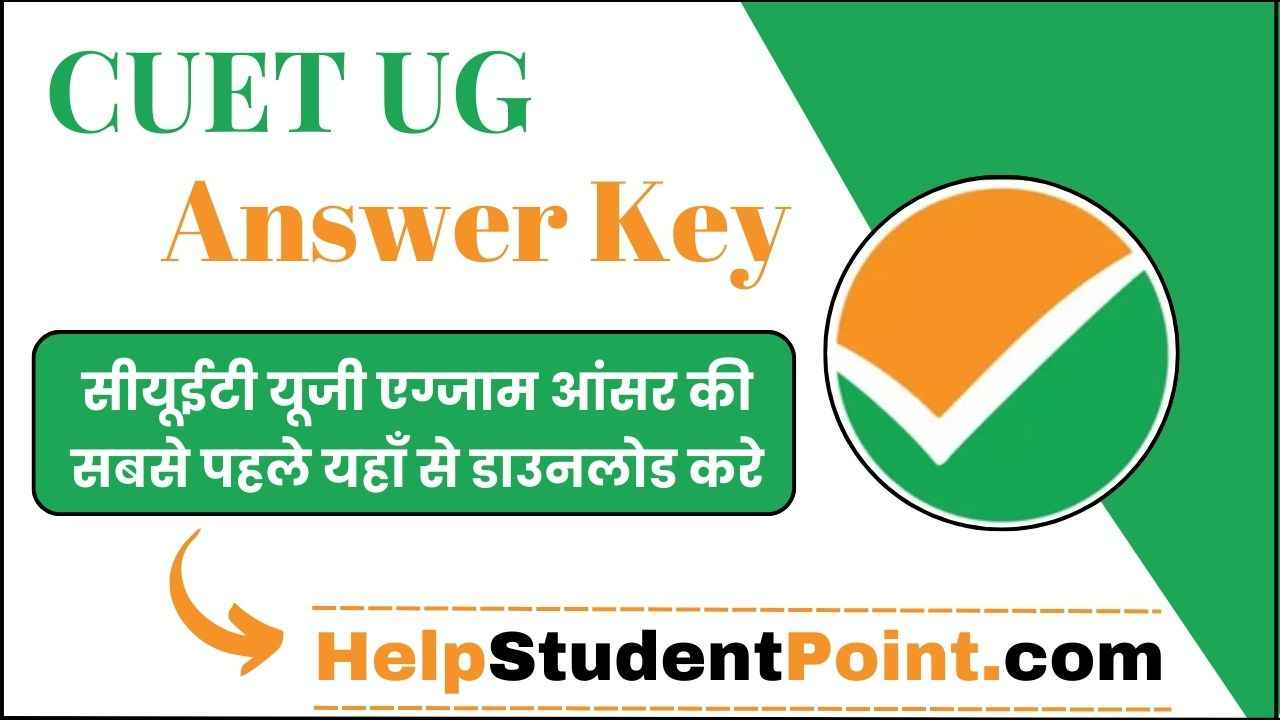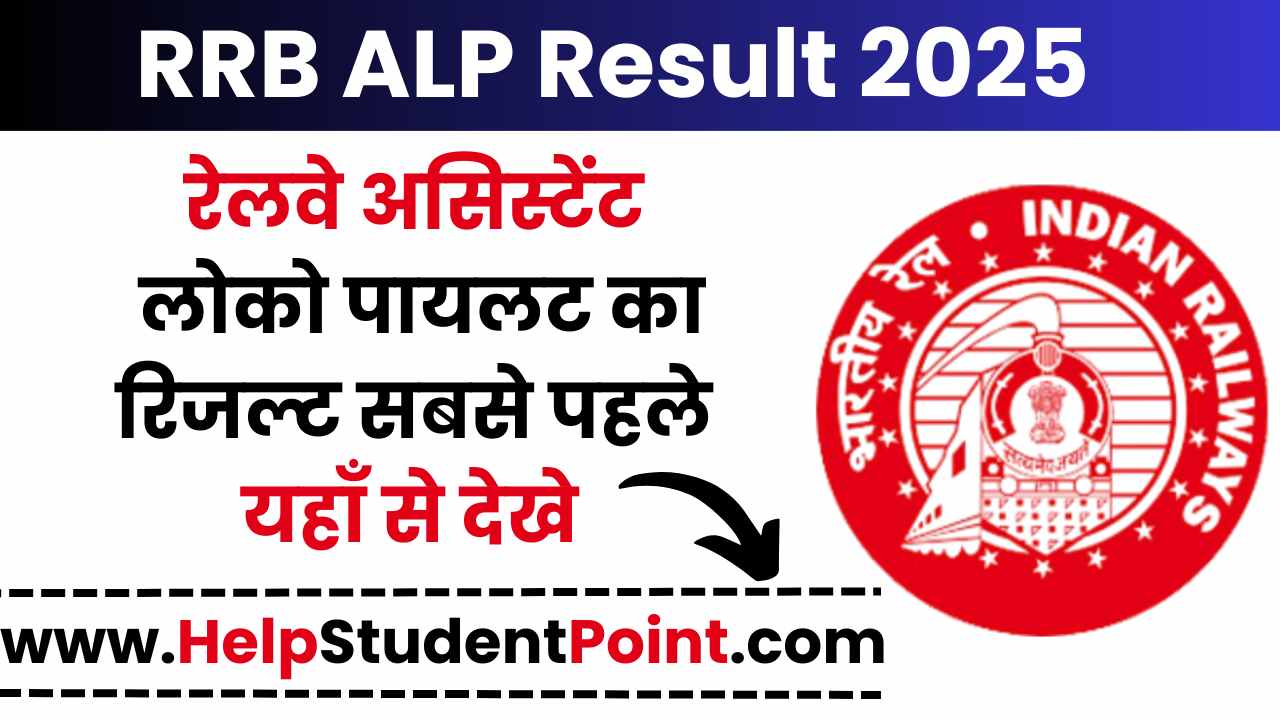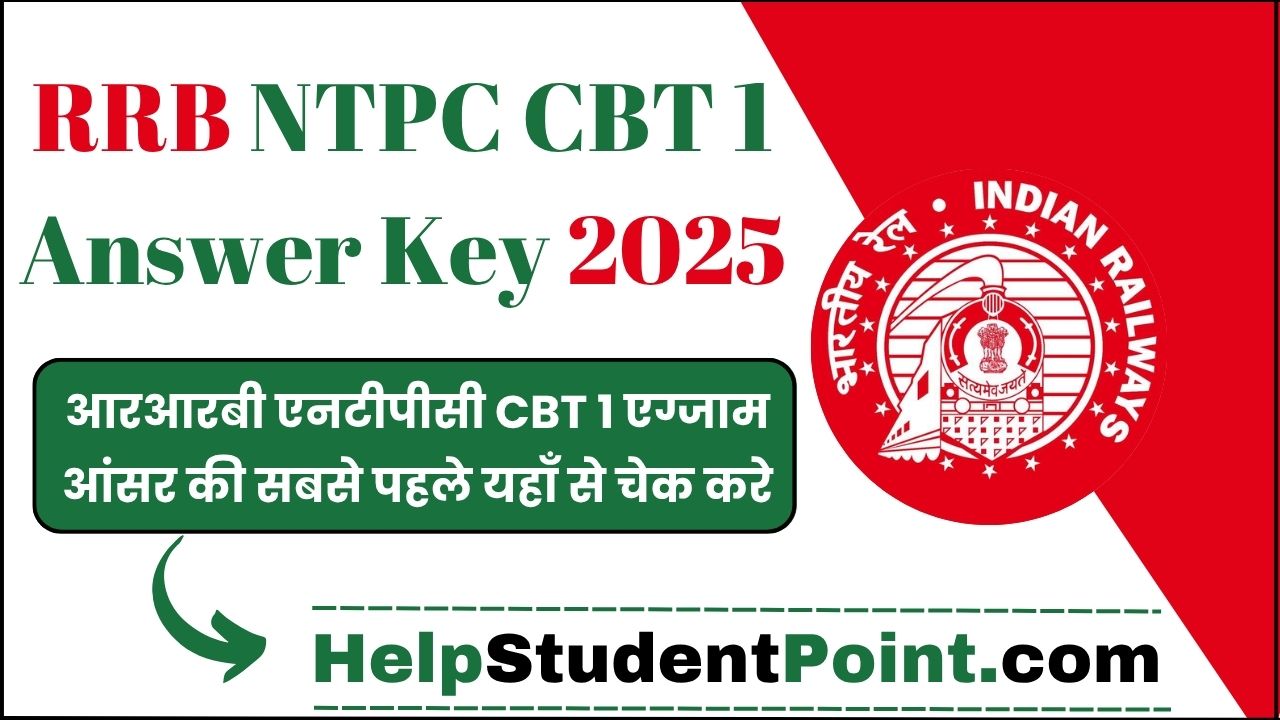| UPSC CSE Hindi Literature Syllabus for Paper-I | ||||||||
|
Section A History of Hindi Language and Nagari Lipi Section B History of Hindi Literature Katha Sahitya Drama & Theatre Criticism |
| Also Read | ||||||||
| Latest UPSC Jobs | ||||||||
| Lastest UPSC Syllabus 2025 | ||||||||
| UPSC Previous Year Paper | ||||||||
| Latest UPSC Admit Card 2025 | ||||||||
| Latest UPSC Results 2025 | ||||||||
| UPSC Exam Salary Chart | ||||||||
| UPSC Official WebSite |
| UPSC CSE Hindi Literature Syllabus for Paper-II | ||||||||
| Note- The paper will require first-hand reading of the texts prescribed and will be designed to test the critical ability of the candidate. Section A 1. Kabir : Kabir Granthawali, Ed. Shyam Sundar Das (First hundred Sakhis) SECTION B 1. Bharatendu : Bharat Durdasha |
Frequently Asked Questions (FAQs) On UPSC CSE Optional Syllabus
Question- What is the UPSC’s Annual Programme (Calendar) of Examinations/RTs (Recruitment Tests)?
Answer – The UPSC publishes an Annual Programme (Calendar) of all the Structured Examinations/RTs conducted by it at least 6 months in advance (i.e. in June) for the Examinations/RTs to be conducted during the next calendar year. The Programme is uploaded on the UPSC’s website as also published in the leading news papers of the country. The date of issue of Examination Notice for each Examination is also mentioned in this Annual Programme.
Question- What happens if a candidate submits multiple online applications?
Answer – While a candidate should avoid submitting more than one online application, in case of doing so, the data provided in the last application (highest RID Number), that is successfully submitted online, is accepted by the Commission. All previous applications are ignored as these are amalgamated with the last completed & finally submitted application. If an applicant (who has already submitted an application successfully) wants to
make amendments in the application, then he has to submit a fresh application on or before the last date of submission of application of the Examination. Therefore, it must be ensured that fee is submitted against the
last online application only, which should also be complete in all respects including its final submission. Fee paid against one RID shall not be adjusted against any other RID number
Question- What action is taken by the Commission in case of submission of false information by the candidates?
Answer – A candidate found to be furnishing false information to the Commission or suppressing information, adopting various unfair means in the Examination like impersonation, cheating, etc., is liable to be disqualified
and/or debarred from writing UPSC Examinations as decided by the Commission. A detailed stipulation in this regard is incorporated in the Rules of Examination/ Examination Notices.




